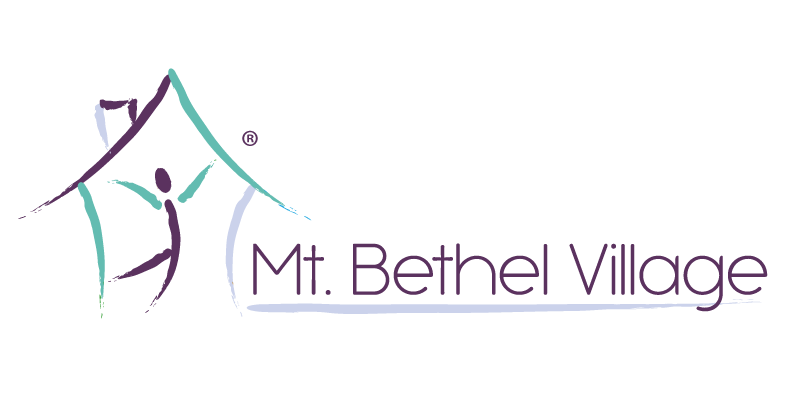There is a simple definition to traumatic brain injuries (TBI): a brain injury caused by a dramatic force, usually from outside of the head. However, while that definition explains what a TBI is, it does not explain what a TBI does to the individual or help define the expectations that friends, family members, and caregivers should have after a person has suffered a TBI. It explains the how, not the why.
Traumatic brain injury is a complex diagnosis, which has a different impact on every individual.
According to the Mayo Clinic, “Mild traumatic brain injury may cause temporary dysfunction of brain cells. More serious traumatic brain injury can result in bruising, torn tissues, bleeding and other physical damage to the brain that can result in long-term complications or death.” The symptoms of a TBI may appear immediately or in the week or so following an injury. These symptoms include: loss of consciousness, being confused, headache, nausea, fatigue, sleep irregularities, dizziness, loss of balance, blurred vision, ringing in the ears, changes in smell or taste, light or sound sensitivity, memory or concentration problems, mood swings, feelings of depression or anxiety, convulsions, seizures, pupil dilation, any leaking of clear fluids from the nose or ears, inability to wake from sleep, weakness or numbness in finger and toes, loss of coordination, slurred speech, unusual behavior including aggression or combativeness, and coma. The symptoms may abate in the time period following an injury or may not abate without treatment.
It is difficult to predict the outcome for people who have suffered from TBIs.
One of the most frustrating things for patients and caregivers is that because of the brain’s complexity, it can be difficult to predict the outcome for patients who have experienced a TBI. Some patients may experience a full recovery, while others may have significant lifelong impairments as a result of the TBI. Patients may need to relearn basics such as walking, talking, and self-care behaviors like being able to clean or feed themselves. Rehabilitative therapy plays a key role in helping patients relearn lost skills and a patient’s team can include physiatrists, occupational and physical therapists, neurologists, neuropsychologists, speak and language pathologists, rehabilitation nurses, social workers, recreational therapists, and vocational counselors. Furthermore, since many patients with TBIs are depressed because of the injury, mental health professionals may play an important role in a rehab team.
At Mt. Bethel Village, we provide assisted living for adults who cannot live independently, including adults with TBI. Contact us today to find out what we can do to help your family cope with TBI.
